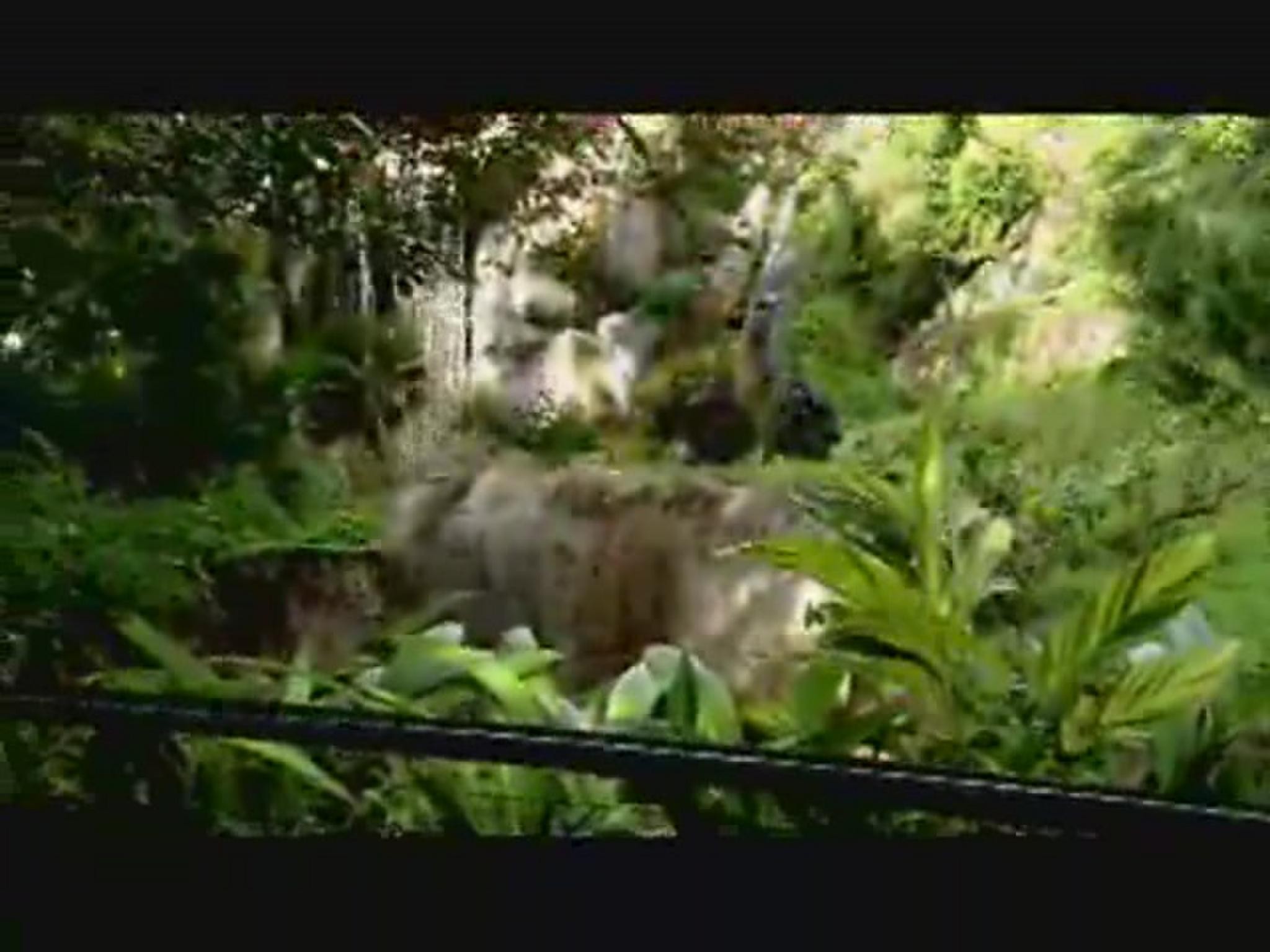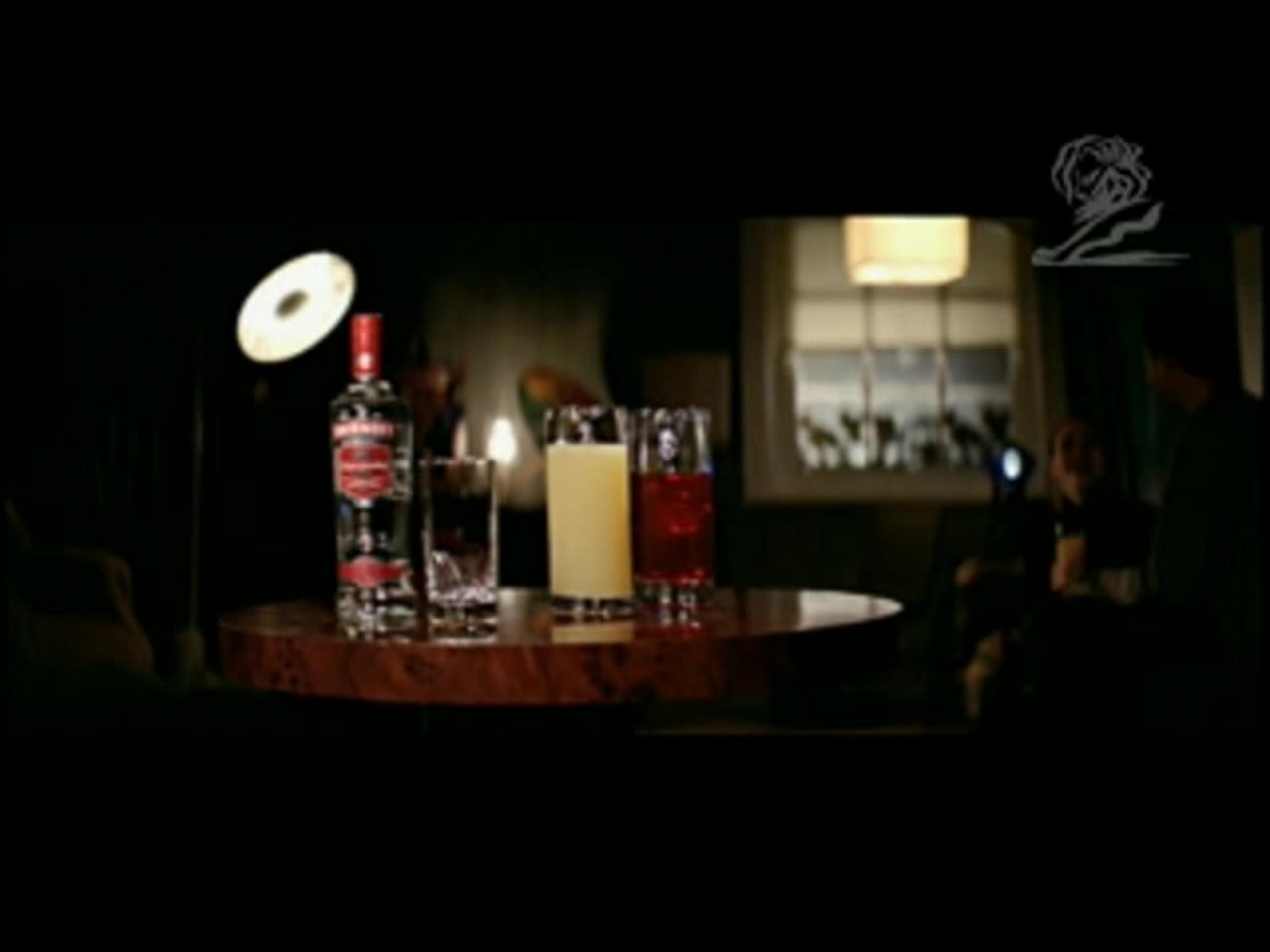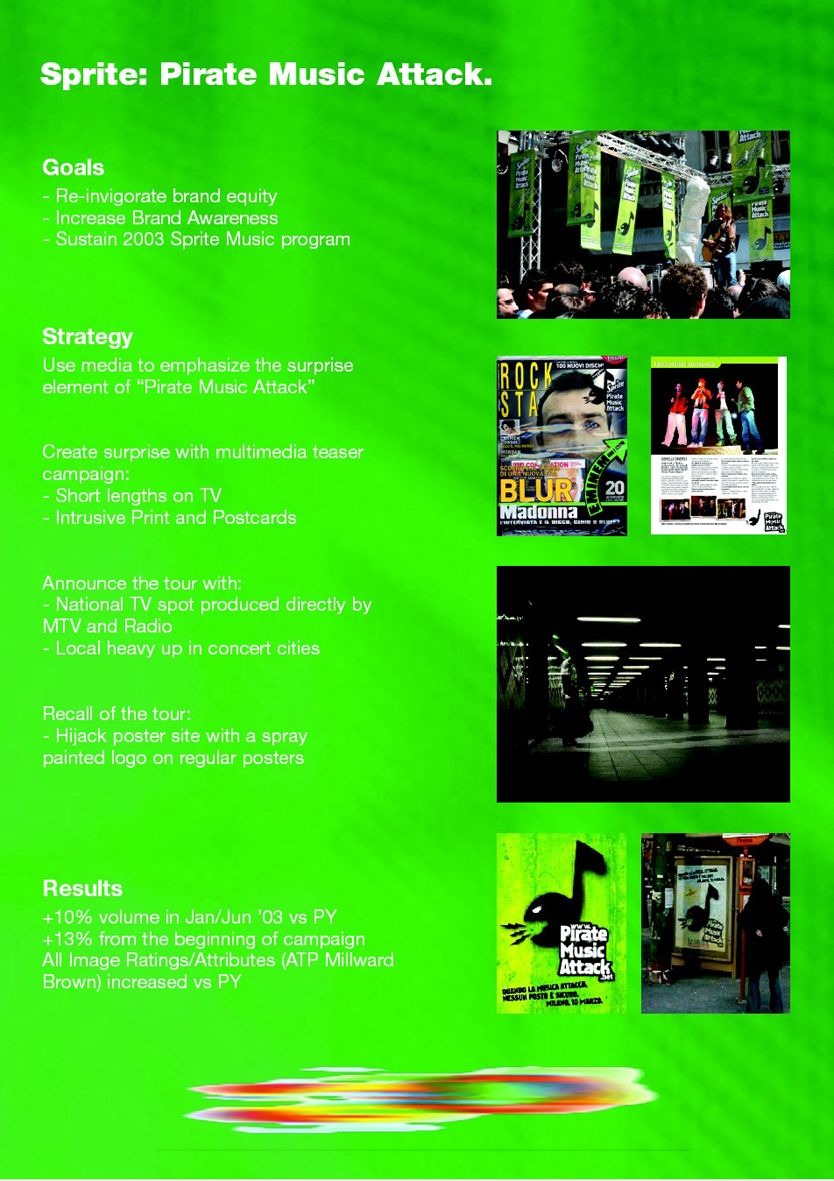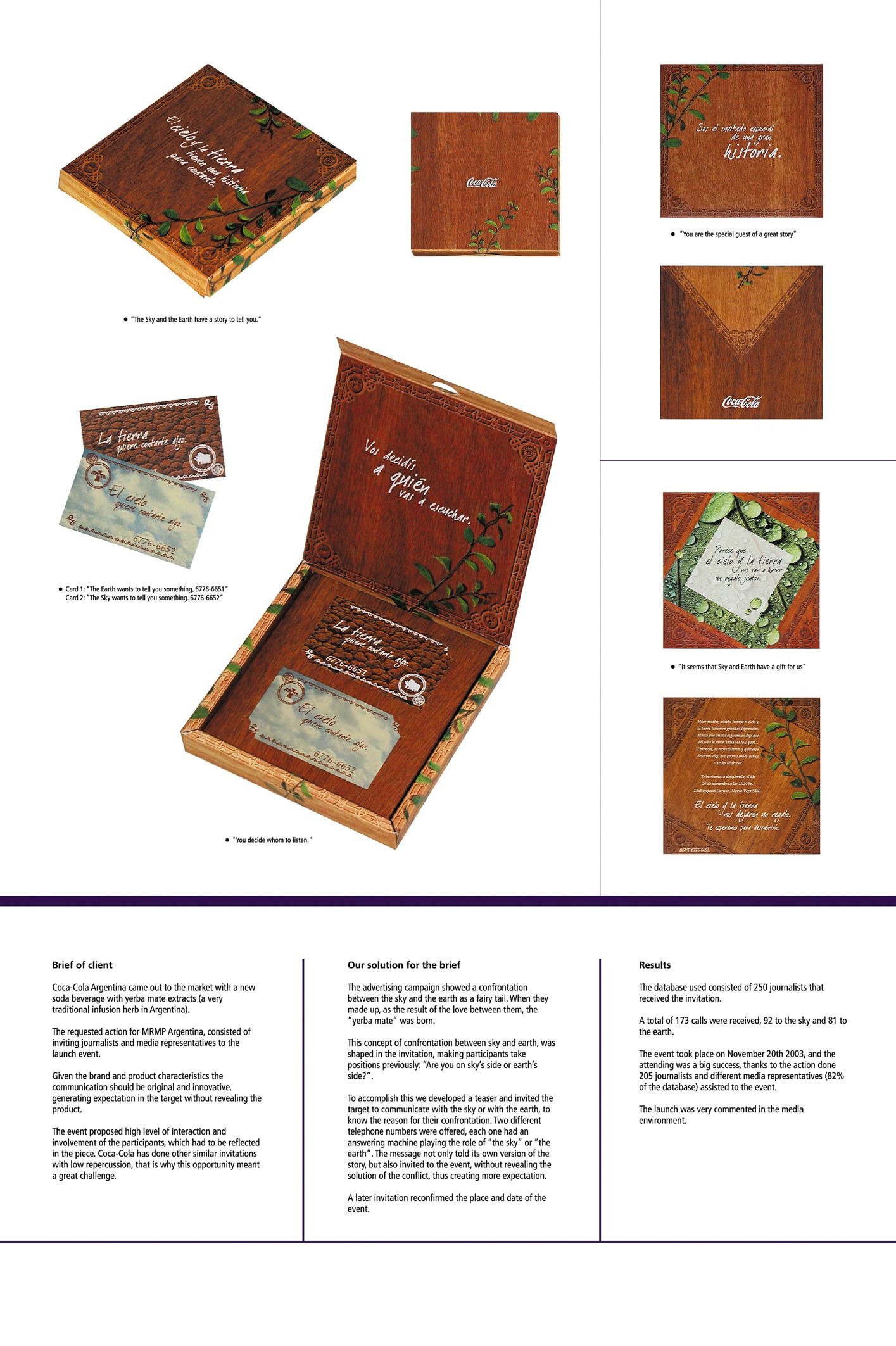Cannes Lions
LITTLE RED SCHOOL HOUSE
McCANN WORLDGROUP PHILIPPINES, Taguig City / COCA-COLA / 2013


Overview
Entries
Credits
Overview
Description
The Philippines is composed of 7,100 islands consisting of undeveloped regions. It is in these secluded vicinities where children have no access to education.
With everyday survival as a priority, the inaccessibility of proper schooling determined the destiny of these children- young workers who inherited the fate of their parents and the generations before them.
This is where education bears more weight. It gave them hope that life can be different this time.
Thus, Coca-Cola launched The Little Red Schoolhouse, a sustainability program in partnership with the Department of Education.
Its main objective is to end child labor in far-flung areas by making primary education accessible to them.
The challenge: building 100 Little Red Schoolhouses by 2012 as Coca-Cola celebrates its 100th year, without creating the perception of turning this act of charity into becoming another brand story. The aspiration was to inspire Filipinos about the program’s positivity by allowing these children to become children- be able to play, learn and dream.
We anchored the strategy on a truth about The Little Red Schoolhouse. How this will rouse children’s aspiration, giving them the great opportunity to dream again.
The creative imperative was to humanize the issue. We demonstrated the real lives of these children, particularly an indigenous child named Jenny and how the program gave her that renewed optimism. A dramatic transformation from hopelessness to triumph.
This initiative was recognized by His Excellency, President Benigno Aquino Jr. and generated a number of press pick-ups, news programs and blogger sites.
Execution
Much has been said and done for 'education for poor children'. To be able to talk to the heart and create a deep emotional impact, the first creative imperative was to humanize the issue. We told the story of a real child.
We needed to diffuse pessimism. We needed to make people believe that education was doable even for the ones with the least access to it, the least chances and resources in life, even for the ones with the least hope— like an indigenous child.
It was the story of Jenny, a 12-year old Aeta (aboriginal minority) who has once stopped believing that there was more to her life and future than chores and surviving day-to-day through documentary. It was launched on air and online and aired for 5 months from August to December 2012.
A press launch was conducted to announce the initiative and spread and inspire optimism.
Outcome
o The program has contributed in the consumers continued high level of trust in Coca-Coca across all sustainability attributes.
- The company they Trust – 88%
- Cares about the well-being of consumers – 82%
- Cares about the planet and environment – 83%
- Has high-quality products -89%
- A responsible member of the community – 85%
o The program has been picked-up by several local publications, news and TV magazine shows and several websites.
• Knowledge/ consideration:
o Proving children from far-flung areas access to a complete elementary education was mentioned in different news and TV features.
o The project reached its goal to build its 100th school in 2012, hence, received an appreciation from the Philippine government involving His Excellency President Benigno “Noynoy” Aquino, Jr.
o On its 100th year, the program achieved:
- 100 schools in 52cities nationwide
- Educate over 50,000 children
- 16,663 graduates
Similar Campaigns
12 items









